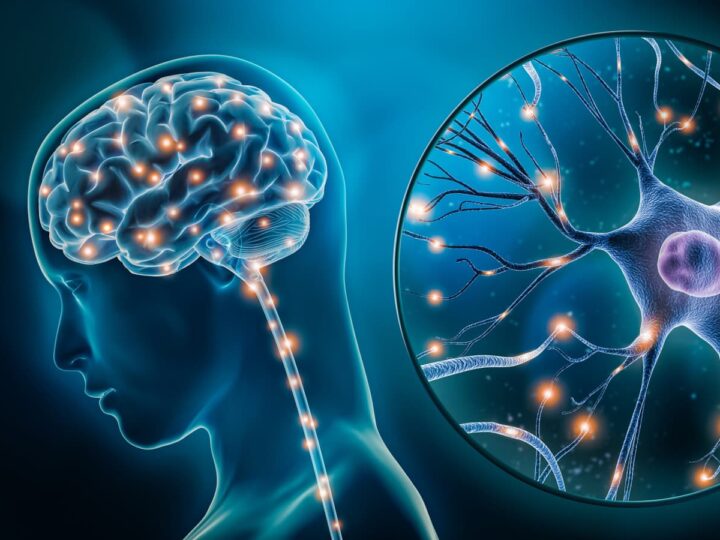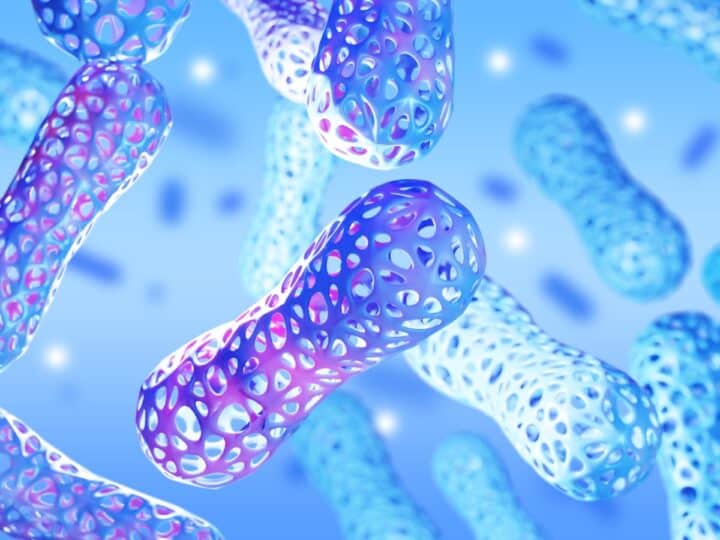Israeli scientists have revealed that people with autism experience pain at a higher intensity than the general population.
A Tel Aviv University study investigated the prevalent view that people with autism are indifferent to pain. Researchers said this theory was based on a tendency of people with autism toward self-harm, and is a characteristic in the current diagnostic criteria of autism.
“We know that self-harm could stem from attempts to suppress pain, and it could be that they hurt themselves in order to activate, unconsciously, a physical mechanism of ‘pain inhibits pain,’” said TAU Dr. Tami Bar-Shalita of the Sackler Faculty of Medicine, who initiated the study in collaboration with scientists from the Technion, Rambam Health Care Campus and the University of Haifa.

Previous studies concluded that sensory modulation dysfunction (SMD) – hypersensitivity to certain lights and sounds resulting in degraded daily functioning and quality of life – is responsible for increased sensitivity to pain. SMD occurs in 70-90 percent of people with autism and constitutes a criterion for diagnosing autism. It also occurs in approximately 10% of the general population.
“We were interested in exploring pain perception in autism, so we asked: Do people with autism hurt more than the general population? This question was hardly studied in the lab before we got started,” said Bar-Shalita
The study, which included 52 adults with high-functioning autism and normal intelligence findings clearly show that people with autism feel more pain than those without autism, and their pain suppression mechanism is less effective.
The Israel Science Foundation-funded study was published in the scientific journal Pain of the International Association for the Study of Pain.
The researchers said they hoped their findings will lead to more appropriate treatment from medical staff, caregivers and parents of people with autism.
Fighting for Israel's truth
We cover what makes life in Israel so special — it's people. A non-profit organization, ISRAEL21c's team of journalists are committed to telling stories that humanize Israelis and show their positive impact on our world. You can bring these stories to life by making a donation of $6/month.









